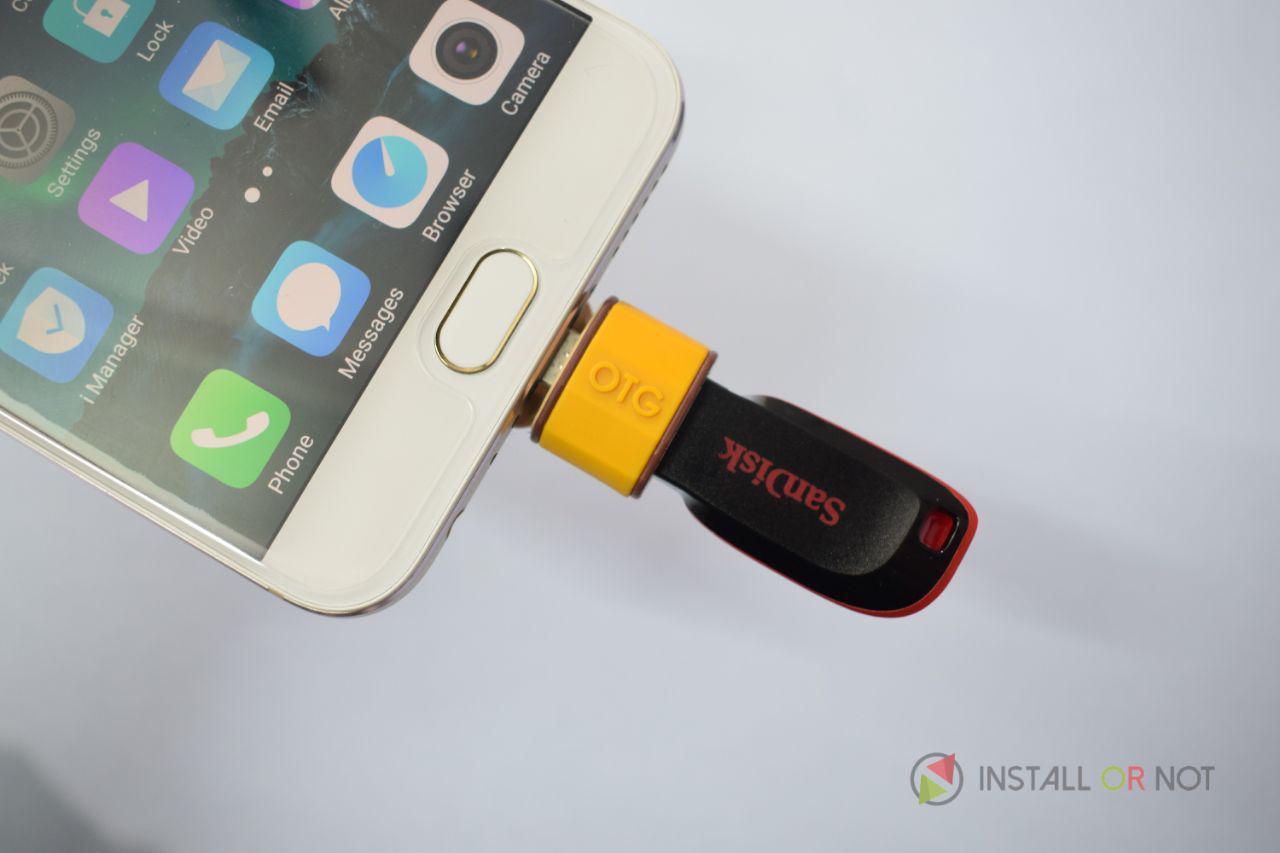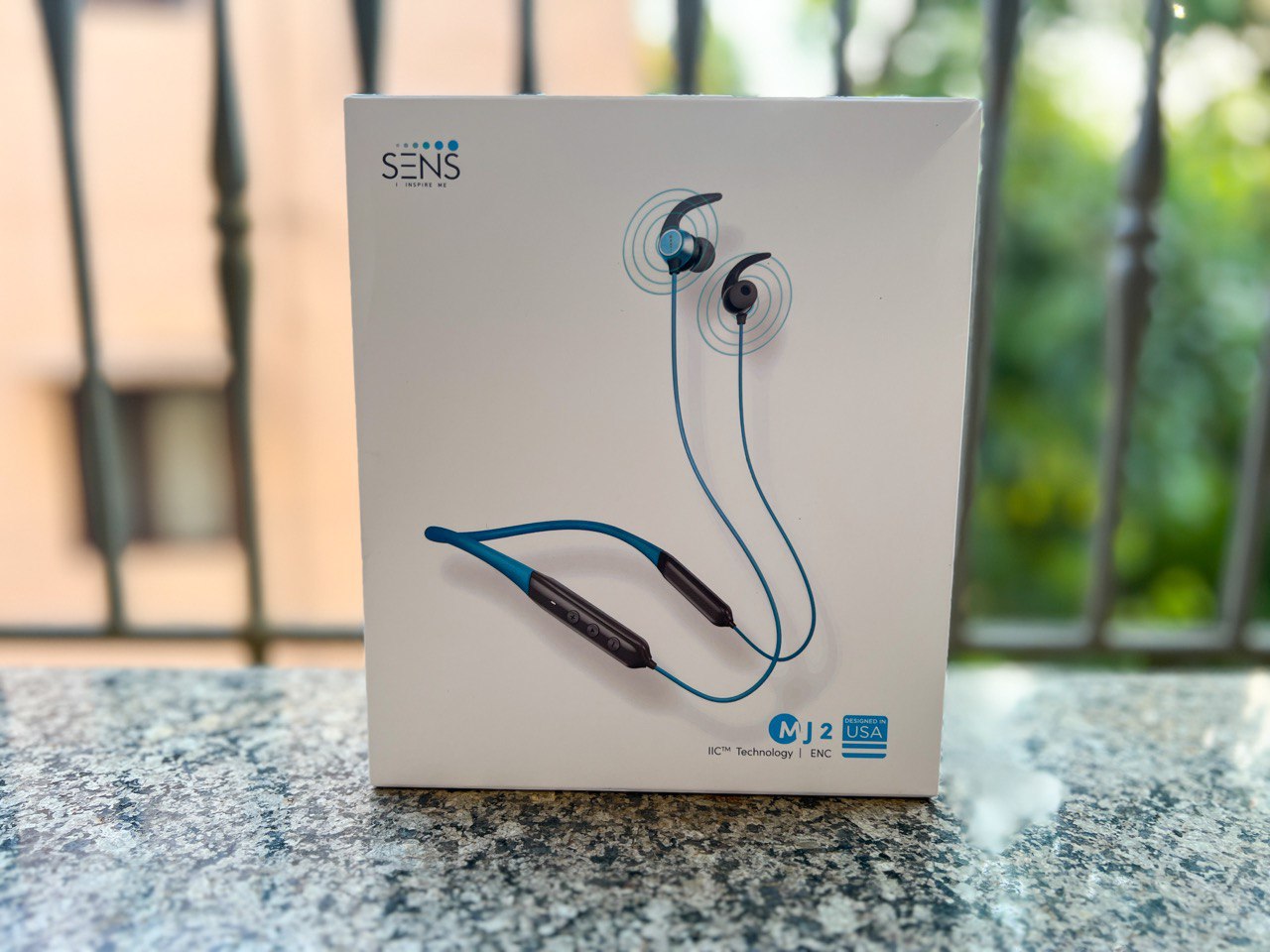

First off, thanks for taking the time to talk to me. I’m sure you have other things to do, so let’s jump right in. How long have you been a developer for webOS?
I started developing for webOS right after I learned JavaScript in January 2010. I had no background at all in web technologies but felt pretty excited about webOS and the vision Palm had about the future of mobile computing.
What made you want to become a developer? Was it love of developing, love of webOS, or some other reason?
I though Palm’s approach to the cloud-connected, web-based vision of mobile computing was the right one, and time is telling us they were on the right path. The apps ecosystem is evolving to a web based apps ecosystem (leaving games, for obvious reasons), and I wanted to be part of that future. I don’t regret my decision.
What did you want to get out of the platform by developing? Was it love of the OS, money-related, or something else?
It’s not a matter of money (although I’ve earned some dollars during this time). If it were a matter of money I would have moved to other ecosystems where the money supposedly is (not so sure, after analyzing the market). I started developing for webOS because I had a webOS device and found it was fun and exciting.
What is it about webOS that excites you enough to want to contribute to it?
Developing for webOS is about being an active part on a technological switch. Right now we are seeing how Windows 8 is going to embrace the web as its app environment on its release next year. webOS embraced that in 2009, on the entire user space! This can’t be repeated enough: webOS it’s the most advanced and innovative platform available.
What did you expect webOS to be when you first began? Did you feel it was a likely competitor in the market, or just a viable platform for your applications?
I frankly expected more commercial success, because I think it clearly deserves it. It’s as easy to use as iOS but more enjoyable. At the same time, it’s as customizable as Android. It has hundreds of clever ideas, and, at launch, some unique features that none of the market leaders have replicated successfully two years later. Sadly, hardware issues and commercial decisions outweighed the benefits of webOS.
How did it make you feel when HP decided to end the life of webOS back in August? Did you feel betrayed, abandoned, or something else?
In my opinion, Léo Apotheker really didn’t give webOS a chance. That’s how I felt: cheated. HP executives repeated multiple times that HP was with webOS for the long run. If that were true, things can’t change in 48 days from “we’re going to double down” to “I don’t care how much resources you’ve invested: hardware is out.”
How do you feel about the current plan by HP to make webOS open source?
I have mixed feelings about this. I think sharing it is a great solution if HP can’t afford all the costs of developing webOS, but, at the same time, not having any real hardware to put webOS on it blurs its future until someone steps in and starts developing hardware for it. The ideal landscape would have been this one but with HP announcing new hardware or new hardware partners. That hasn’t happened, so we’ll have to wait and see.
Where do you, as a developer, feel that webOS will go in the future? Do you think that this is the end of it, that someone else, like Samsung who has their interests in four operating systems, might decide to put out hardware for it?
I hope someone will step in. webOS is a good, mature and ahead of its time, operating system. Open sourcing it will bring more devs for sure, and companies like HTC, Samsung, and LG can release devices like candy. Last quarter, there was a 2.2% share of U.S. smart phones subscribers with webOS devices (Windows Phone scores 1There is a market for webOS, and they should fill the gap.
How has the webOS community changed since the Touchpad fire sale? Do you feel the community has improved, or degraded since then?
I can’t really tell you. Sure there are a lot of people that bought it because it was cheap, and sure there were a lot of people that bought it on the hope of Cyanogen putting CM7 on it. Being the developer of Communities, the webOS version of Tapatalk, I spend a lot of time on forums, and I didn’t see much change. Sure there was a trend of people putting CM7 on it, but, after that, a lot of them have realized your neighbor’s grass isn’t always greener, so everything has settled again. Some will prefer Android; some webOS, as always.
What, if anything, are you working on now for webOS or any other platform?
I’m in a process of redefining my development goals. Since the latest news has created a new and different landscape, I must start thinking as a multi-platform developer. I will use webOS development tools and will develop for webOS as my primary goal, but I will open my targets to other platforms too. This is one of the greatest collateral effects of open sourcing webOS: HP will be providing with Enyo a first class, easy to learn, powerful, and elegant framework to develop apps for multiple environments, including desktops.
How do you feel that people respond to your work? What are some comments that you’ve gotten be it good or bad?
I don’t care about people’s response, frankly. I mean, it’s always important to listen and respond but not being flattered or buried. I try to be honest with my work and set the bar as high as possible. I developed Communities from scratch, because I felt it was the right path, and a rescaled version of Forums (my other Tapatalk client for webOS phones) wasn’t enough. Some may find it lacking some features, some may find it perfect as it is, and both are right. The first ones will be pleased seeing how time and work solves the issue; the last ones will always be pleased receiving new features. At the end, what matters is being honest with your work.
Is there anything you’d like to say to other current and potential webOS developers?
I can’t tell anything to current devs. They know how good and pleasant it is working with the webOS SDK, DevRel team and for webOS users. To potential devs, all I can say is “get on board”. The webOS Community is passionate, grateful, and, with webOS’ Enyo Framework becoming platform agnostic and open source, it’s going to be the first stop for web based development. For classic C devs, it takes minutes, days in the worst scenario, to port an Android or iOS app. Is there any reason to not do it and reach about a million Touchpad users and a 2.2% of U.S. smart phone market, in an ecosystem that grants visibility to your app?
What would you like to say to the users of webOS?
I only can thank them for their support. We are living exciting times here on webOS-Land.
I appreciate the time you’ve taken to answer my questions today. On a final note, is there any message that you would like to give to HP?
No more mistakes, please.
Well, there you have it. This is the take on the direction of HP from someone behind the scenes. If you’ve learned anything from this, I hope it is to appreciate the developers of your applications. Keep in mind that developers can make apps that no one uses, but you can’t use an app that no one develops.










